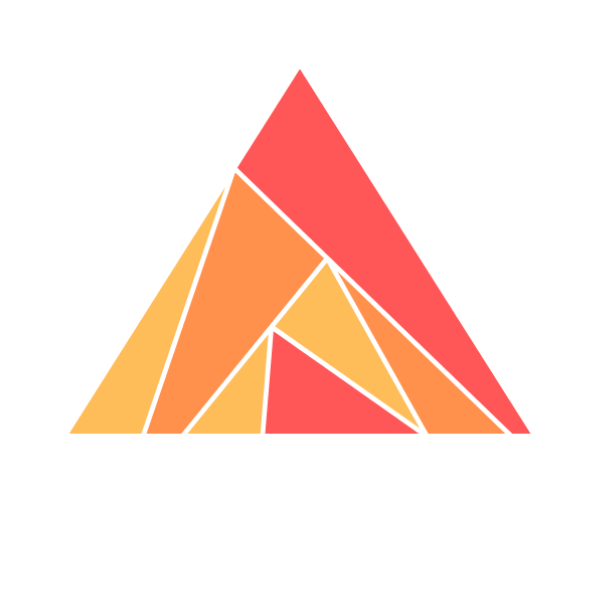How to write complex query with fragments
michaelst57:
I’m trying to write this query with Ash
select DATE(inserted_at), round(avg(percentage), 2)
from coverage
where "owner" = 'coverbot-io' and "repo" = 'coverbot' and is_for_default_branch
group by 1
order by 1;I’ve gotten this far but I’m getting an error about fragment/1 being undefined and also not sure how to implement the group by.
Coverage
|> Ash.Query.filter(owner == ^owner and repo == ^repo and is_for_default_branch)
|> Ash.Query.select([fragment("DATE(inserted_at)"), fragment("ROUND(AVG(percentage), 2)")])
|> Ash.Query.sort([1])
|> Coverbot.Api.read!()zachdaniel:
Well, you won’t be able to sort by
1 (not sure why you’d want to)
zachdaniel:
And you can’t select fragments
zachdaniel:
You’d need to add a calculation to the resource and select the calculation
zachdaniel:
Or load a one off calculation
Ash.Query.calculate
zachdaniel:
I won’t be at a computer for a while but there are examples of expression calcs floating around and in the docs
michaelst57:
The sort by 1 is to sort by the calculated result of the date, here is how I acommplished the query with ecto, maybe this is the better route for this case
query = from c in Coverage, join: a in ApiKey, on: c.api_key_id == a.id, select: %{ date: type(fragment("DATE(?)", c.inserted_at), :utc_datetime), percentage: type(fragment("ROUND(AVG(?), 2)", c.percentage), :float) }, where: c.owner == ^owner and c.repo == ^repo and c.is_for_default_branch and a.user_id == ^user.id, order_by: 1, group_by: 1
kernel_io:
make it a sql view?
zachdaniel:
🤔 does
order_by: 1 actually do that?
zachdaniel:
TIL about
order_by: 1
zachdaniel:
just looked it up, apparently its a thing
zachdaniel:
What exactly are you looking to return?
zachdaniel:
Like thinking about it from a resource perspective, you’ll be accessing this by making some specific query against a resource I imagine
zachdaniel:
The
group_by: 1 will also be a problem. Remember the purpose of Ash is to sort of…regulate the way that you interact with these things, not necessarily to contain within it a correlary for every postgres operator.
zachdaniel:
One thing you can potentially do is:
read :whatever_this_is do
modify_query fn ash_query, ecto_query ->
{:ok, new_ecto_query}
end
endzachdaniel:
In that query you might be able to accomplish what you want, although it might interrupt other features (like loading aggregates on the returned result)
zachdaniel:
Depending on exactly what you’re looking to do, doing it with ecto might be the best way 🙂
michaelst57:
ya this wouldn’t return any ash resource, it returns an avg coverage percentage by day
michaelst57:
it is to build a graph
zachdaniel:
I’d probably put this as a calculation on a resource somewhere if possible, and then calculate it using ecto.
michaelst57:
Would it make sense to create a virtual resource that isn’t persisted to any datastore?
zachdaniel:
Yes, that would also be an option 🙂 it can add a bit of complexity depending on what features you want to support/how you model it
kernel_io:
yeah you can use numbers for sort and order and group etc
kernel_io:
I’m not a fan of it personally, prefer to be explicit and use names


